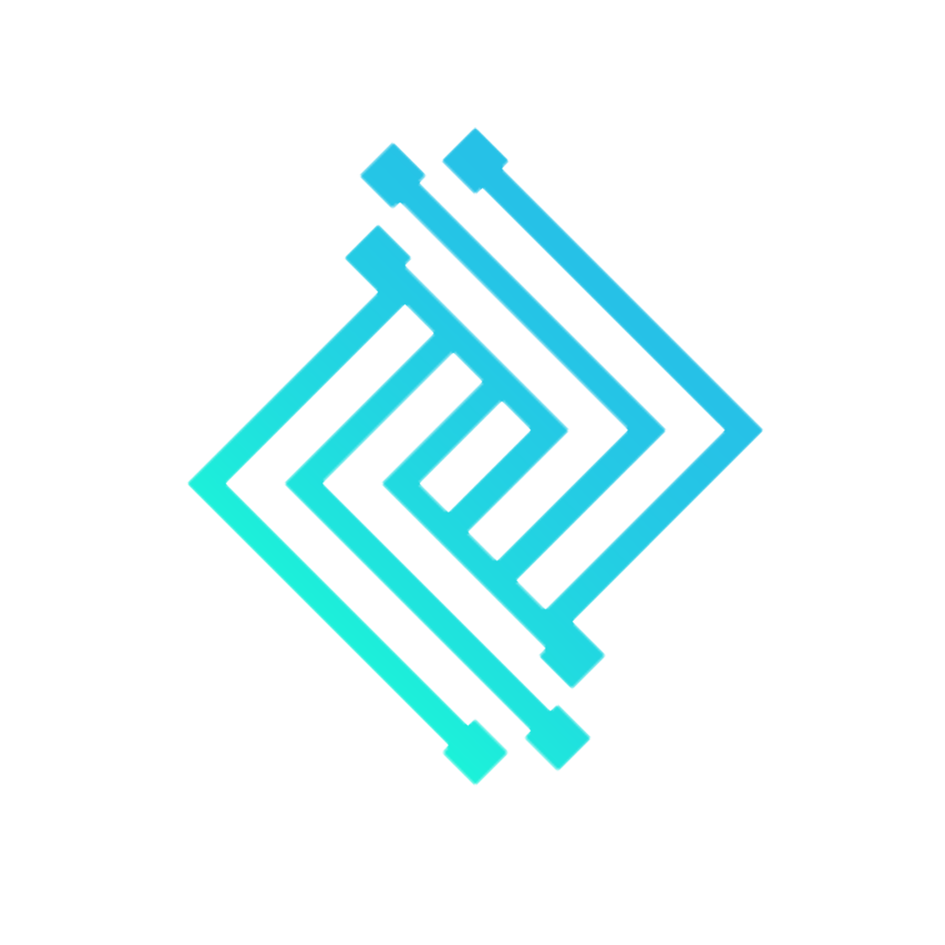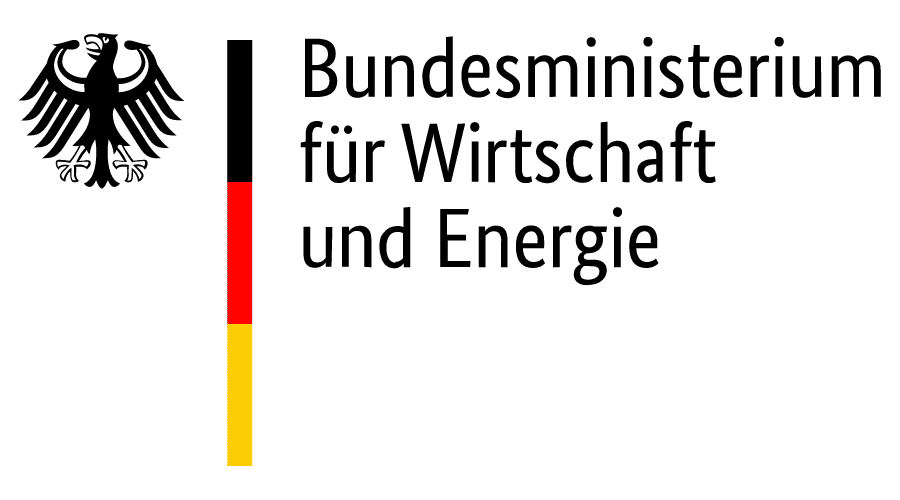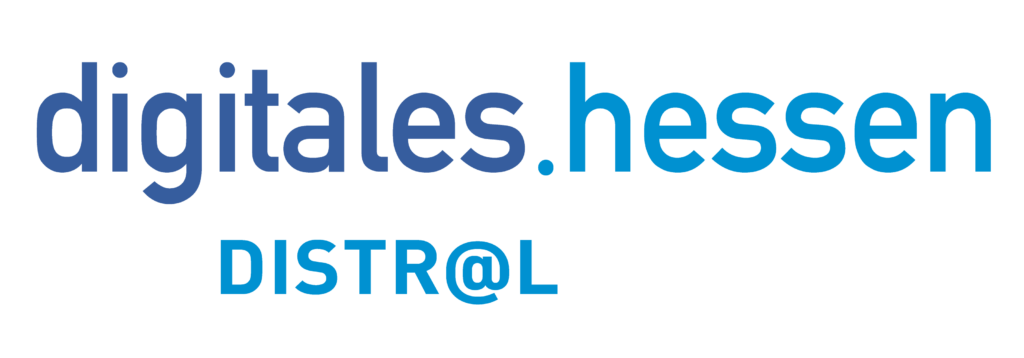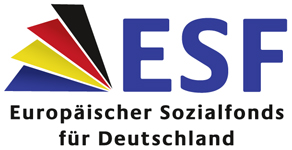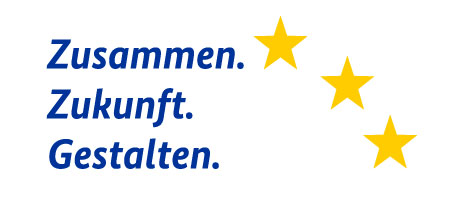Efficient recycling and reuse of used textiles is essential for a sustainable economy. The rapid growth of the fast fashion industry creates a growing need for efficient sorting of used clothing. Reuse is the best way to reduce resource consumption, but textile recycling also requires sorting of collected textiles. The currently applied manual textile sorting is a time-, cost- and resource-intensive process.
Therefore, the idea to develop T3S, a system for automated separation and sorting of textiles, was born. T3S is intended to increase the efficiency of the previously manual sorting process by visually analyzing the quality of spread textiles and to ensure a consistently high sorting quality. At the same time, the costs of sorting are to be reduced so that this work step can be carried out locally.
Desion has already developed various textile inspection systems and brought them to product maturity, combining machine learning, software engineering and robotics as our core competencies. Our systems for sorting incorporate current research results in computer vision, which we develop into turnkey products.
With T3S, we address the main problems of the industry: expensive, slow and resource-intensive manual textile sorting. We aim to solve this with an innovative, automated sorting process, using computer vision and robotics to separate textiles and automatically determine their product category, quality and material. Larger textiles are spread out, while smaller textiles can be detected in free fall. Both the mechanical spreading and the free fall classification set us apart from other automation solutions. Technical challenges we have to overcome during the project are the further development of AI and robotics to cover all product categories as well as the development of a novel material recognition.
Our system will allow our customers to scale more easily and sort more garments in less time, while maintaining consistent sorting quality. Side effects also include cost savings and logistics benefits. In addition, T3S is more environmentally friendly than outsourcing sorting, as less transportation is required, which in turn reduces the carbon footprint.
Our main target group are textile sorters who collect and sort used textiles. With T3S, we want to offer an efficient, cost-effective and environmentally friendly solution for their core process. The result of this project should especially strengthen the field of recycling and circular economy of textiles. After the end of the project, the developed technology can also be opened up to other customers and used, for example, for the automated returns management of clothing in retail or in the automation of laundries.
